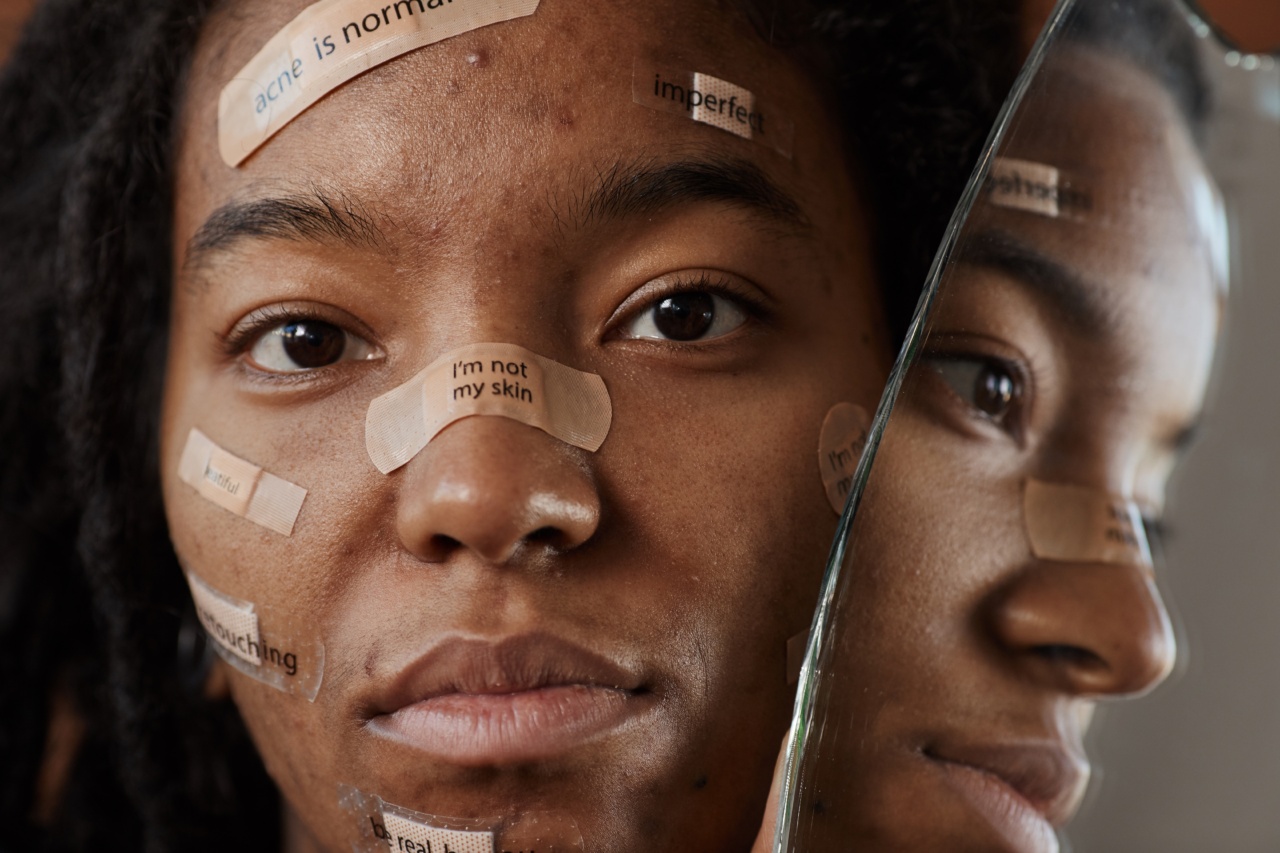Acne is a common skin condition typically associated with adolescence. However, adult acne affects more people than you may think. It can be frustrating and embarrassing, leaving many people wondering what causes it and what they can do about it.
Here are three possible reasons why you might be experiencing adult acne and tips on how to address it.
Hormones
Hormonal changes can wreak havoc on your skin, leading to unwanted acne. These changes can be due to pregnancy, menstruation, polycystic ovarian syndrome (PCOS), or menopause.
During these times, androgen hormones (such as testosterone) can cause an increase in sebum production, leading to clogged pores and breakouts.
If you suspect hormones may be the culprit for your acne, talk to your healthcare provider about treatment options. Birth control pills and other hormone-regulating medications may help balance your hormones and reduce acne.
Additionally, topical treatments like retinoids and benzoyl peroxide can help unclog pores.
Stress
Stress can cause a wide range of health issues, including acne. When you experience stress, your body produces cortisol, a hormone that can increase sebum production and inflammation in the skin. This can lead to clogged pores and painful pimples.
To reduce stress-related acne, it’s important to take steps to manage stressors in your life. This may include exercise, meditation, deep breathing, or talking with a therapist.
Additionally, topical treatments like tea tree oil and salicylic acid can help reduce the appearance of acne.
Diet
What you eat can have a significant impact on your skin. Diets high in sugar, refined carbohydrates, and dairy products have been linked to an increase in acne. These foods can lead to increased inflammation in the body, which can in turn lead to acne.
To address acne related to diet, consider making dietary changes such as reducing sugar and refined carbohydrates, and incorporating more whole foods like fruits and vegetables into your diet.
Additionally, supplements like zinc and omega-3 fatty acids may help reduce inflammation in the body and improve skin health.
Conclusion
Acne can be a frustrating and embarrassing condition, but it’s important to know that you’re not alone. By pinpointing the underlying cause of your acne and taking steps to address it, you can improve the health of your skin and reduce breakouts.
Whether you need hormone-regulating medications, stress-management techniques, or dietary changes, there are many options available to help tackle adult acne.






























